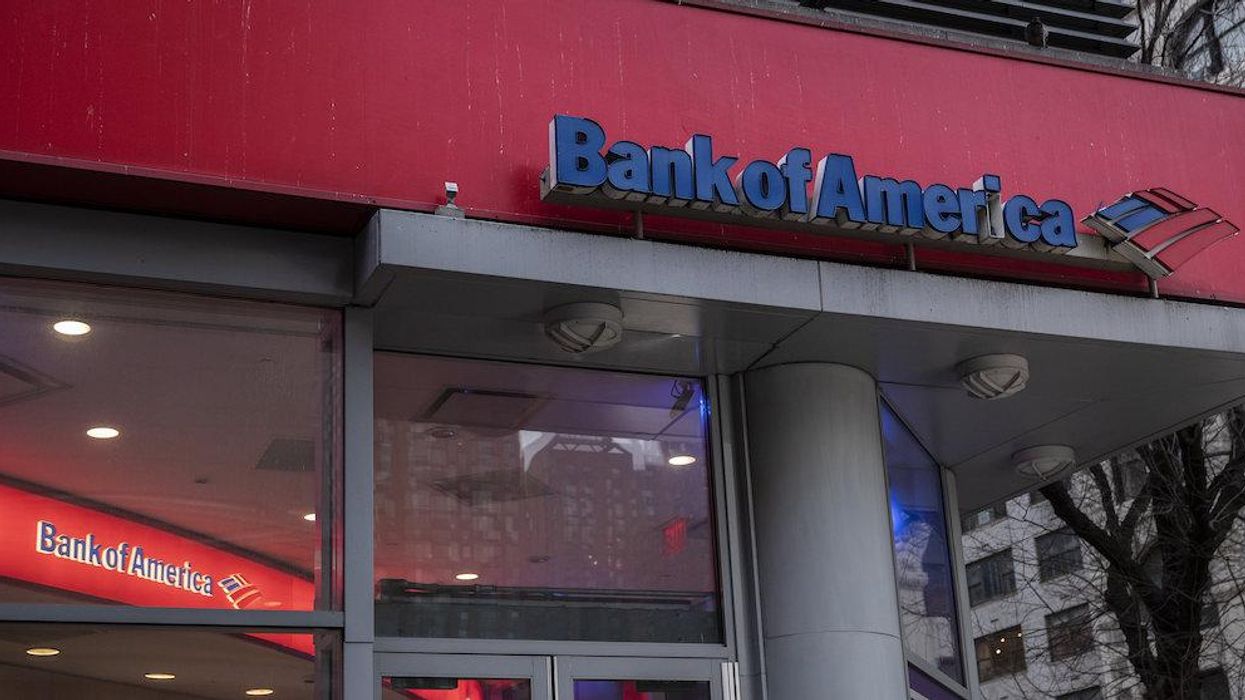
Victor J. Blue/Bloomberg via Getty Images

As noted in Glenn Beck’s new book, “The Great Reset,” as environmental, social, and governance factors are being pushed by many elites and central planners, more and more financial institutions are using these non-financial ESG criteria to shape their investment and operating decisions.
I have received a number of messages from people who are concerned about this agenda being pushed and want to push back. One of the top questions to help individuals make informed choices on whether or not they want to patronize a particular financial institution is, “How do I know if a financial institution is actively using ESG criteria in its decision-making?”
Here are some tips that can help you to do the research.
First, note that most financial institutions that are participating in ESG see it as valuable and important and will want to advertise it and their participation. If you can’t virtue-signal about it, are you even really doing it?
Of course, if your financial institution doesn’t advertise it, that doesn’t guarantee it’s not floating around the organization somewhere, but it is clearly not a driving factor.
Check for mentions of ESG and similar initiatives on a company’s website. As websites sometimes don’t get updated regularly, also search the web for mentions in press releases or articles. You can do an internet search with the name of the institution and “ESG," as well as one with the institution and similar key phrases such as “socially responsible investing” or “sustainable investing.” Don’t jump to conclusions, but read any articles and releases to see if the values being communicated align with yours.
Social media is another place where any ESG-type initiatives will likely be shared if they are key to an organization’s focus. You can use advance search on Twitter, for example, to search the company’s account history to see if those keywords pop up.
Whether in person or online, you can ask for a bank or other financial service provider’s annual report to see if ESG or similar concepts are highlighted. If there isn’t a mention, again, it’s likely not as important to that organization.
You can also call the institution's customer service numbers or ask an in-person representative or your client manager if the organization has an ESG report, as well as whether ESG is something that has been flagged as important to the organization.
Of course, if you want to be proactive, you can also make your thoughts known, even anonymously or as part of a group if you fear any retribution, by writing to a bank or other financial institution’s board with your concerns.
If you really want to have a say, check out doing business with independent providers or institutions you can become a member of, like a credit union. At a credit union, with an account, you are not just a customer, you are a member and get a vote and say in operations.
Sometimes, credit unions may have fewer financial products or technology interfaces may not be as robust to meet your needs, so do your homework there, too.
Finally, make sure if you go that route that you check that the credit union and its accounts are insured by NCUA, which is like the FDIC, but for credit unions.
With all of the desire for control over the economy, deciding where and how to grant your patronage is more important than ever. Doing your research to make informed decisions is time well spent.
Carol Roth
Contributor